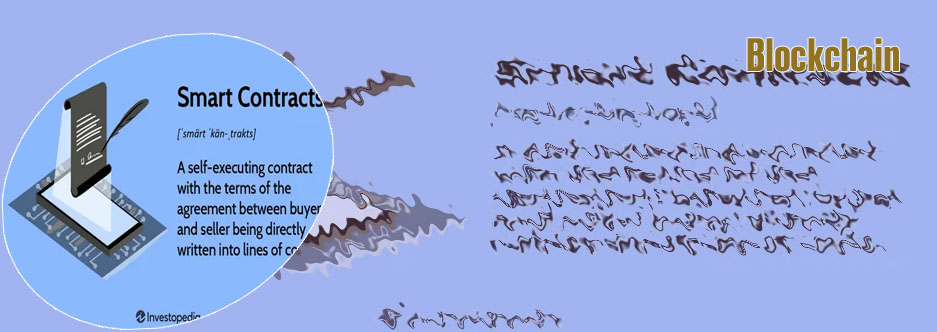
Bitcoin smart contracts
Use cases for smart contracts
Smart contracts on bitcoin
You need JavaScript for the best experience on Cryptocurrency Jobs. Please enable it in your browser settings. Use cases of smart contracts We shouldn't cover use cases for smart contracts without talking about non-fungible tokens (NFTs), which have become wildly popular. An NFT is any type of unique digital asset stored on a blockchain. A smart contract records and stores the unique information of the NFT. Ownership information is also recorded with smart contracts.

6. How can I get report sample of smart contracts market?
Smart contract crypto
“What we often think of as cryptocurrency is actually the most simple form of a smart contract,” Boder says. “Cryptocurrency is a smart contract where the use case is to send and receive money or, more accurately, tokens. In that sense, smart contracts are a generalization of cryptocurrency that enable more use cases than just sending tokens back and forth.” History of Smart Contracts on Bitcoin RSK (Rootstock) is a sidechain that enables smart contract functionality for Bitcoin through its EVM-compatibility. In other words, developers are able to seamlessly port smart contracts and dApps from Ethereum over to the RSK blockchain. RSK supports all Ethereum smart contract programming languages, which includes Solidity (the most common), Julia, and Vyper.